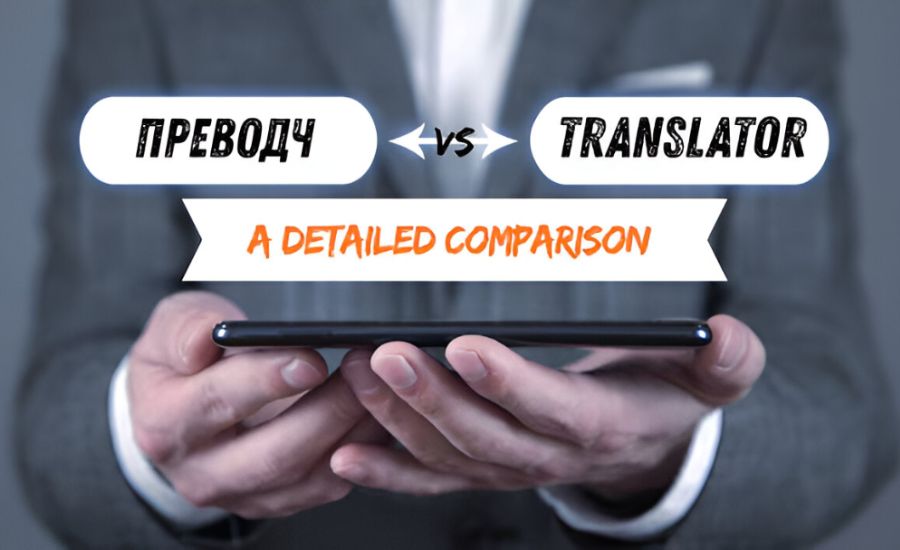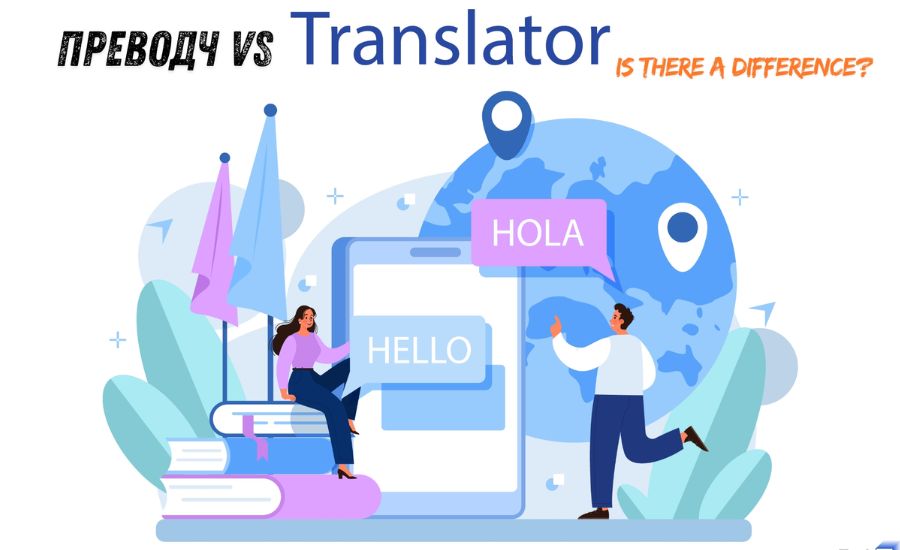In these days’s speedy-paced virtual international, translation gadget have turn out to be essential for bridging language gaps in agency, communique, and everyday interactions. Whether users are in search of to convert a file into some different language or genuinely understand a foreign word, they often turn to popular services like Google Translate or Microsoft Translator.
During these searches, in particular among Slavic-speaking users or the ones navigating Cyrillic interfaces, the term “преводч” often seems. At first look, it’d appear like a direct equal of the English word “translator”, but is it honestly that easy?
What Does “преводч” Really Mean? Exploring Its Use, Context, and Connection to Online Translators
In a global where go-cultural communique is extra vital than ever, language tools have become a each day necessity. One term that from time to time seems in on line search queries—specially amongst Bulgarian-speakme customers—is “преводч.” But what exactly does it imply, and how is it linked to famous translation equipment like Google Translate?
To apprehend its that means and implications, we want to look past a primary dictionary definition and discover its linguistic roots, contextual utilization, and the era that surrounds it.
Understanding the Term “преводч”: A Colloquial Shortcut
The time period “преводч” (said pre-vohdch) is a Bulgarian phrase written in Cyrillic script. It’s normally seen as a shortened or casual variation of the right Bulgarian phrase “преводач”, which translates directly to “translator” in English.
While “преводач” is the grammatically correct time period, “преводч” can be used casually or as a typing shortcut—similar to how human beings may kind “data” in place of “data” in English. In some instances, it may even be a misspelling or phonetic simplification, specifically in virtual verbal exchange or informal settings.
Despite being technically wrong from a strict linguistic perspective, search engines like google and yahoo are designed to recognize person rationale. As a result, typing “преводч” into Google is possibly to steer users to translation gear, language services, or Bulgarian-English dictionary platforms.
See Also : Why Blog Gaming DualMedia Matters
What Is a Translator? Human vs. Machine
In English, the time period “translator” can consult with wonderful—however equally essential—kinds of language interpretation tools:
1. Human Translators
These are experts educated in translating written or spoken content material from one language to every other. Human translators carry a deep expertise of:
- Grammar and syntax
- Cultural context
- Idiomatic expressions
- Tone and nuance
They’re often favored for touchy, excessive-stakes materials including prison contracts, literature, or instructional research, where accuracy and cultural sensitivity are critical.
2. Machine Translators
These are software program-based structures—like Google Translate, DeepL, or Microsoft Translator—that use algorithms and artificial intelligence to interpret language.

- Machine translators provide:
- Fast and actual-time outcomes
- Support for over one hundred languages
- Accessibility across internet, mobile, and offline structures
- Features like voice input, photograph scanning, and internet web page translation
While they’re not as nuanced as a human translator, they may be enormously beneficial for normal communication, excursion, and number one data.
Google Translate and the Relevance of “преводч”
When a person enters “преводч” into Google Search, the engine usually knows that the cause is to find a translation device—maximum possibly for changing Bulgarian text into any other language, or vice versa.
Here’s why Google regularly connects the time period “преводч” to its translation offerings:
- It is a semantic in shape with the idea of “translator,” even if the spelling is barely off.
- The machine identifies Cyrillic input and aligns it with language-unique offerings.
Google supports Bulgarian translation, each in textual content and voice, across its complete suite of offerings.
- Some standout capabilities consist of:
- Instant text translation across devices
- Voice-to-textual content interpretation
- Camera-based scanning and translation of published cloth
- Website and app language translation
This seamless integration makes Google Translate one of the maximum on hand equipment for anybody searching with terms like “преводч.”
A Technical Perspective: “Translator” vs. “преводч”
On a technical stage, each “translator” and “преводч” refer to gear or humans that convert one language into every other. But their use in search and interface differs primarily based on:

Input script: “Translator” is written in Latin, “преводч” in Cyrillic.
Search behavior: Regional language settings and browsing records affect which offerings are proven.
User rationale: A user typing “преводч” probably expects content material in or associated with Bulgarian, even as “translator” is a broader and extra worldwide term.
Despite those differences, modern-day algorithms can recognize and serve relevant effects for both, often linking them to the identical middle services like Google Translate or Microsoft Translator.
MCQs:
1. What is the time period “преводч” usually considered to be?
A) A formal Bulgarian term for interpreter
B) A misspelling of the phrase “translator” in English
C) A shortened or casual version of “преводач”
D) An reputable identify for a government translator
Correct Answer: C) A shortened or casual version of “преводач”
2. What does the Bulgarian phrase “преводач” translate to in English?
A) Interpreter
B) Dictionary
C) Translator
D) Writer
Correct Answer: C) Translator
3. Which of the following is NOT generally related to human translators?
A) Cultural sensitivity
B) Real-time voice translation
C) Understanding idioms
D) Tone and nuance
Correct Answer: B) Real-time voice translation
4. What is one cause Google regularly hyperlinks the time period “преводч” to Google Translate?
A) It is a registered Google term
B) It fits a product call
C) It semantically aligns with “translator” in spite of the spelling
D) It is an genuine English translation
Correct Answer: C) It semantically aligns with “translator” in spite of the spelling
5. Which of the following is a feature of translation tools like Google Translate?
A) Legal contract proofreading
B) Instant textual content translation
C) Literary interpretation
D) Emotional tone adjustment
Correct Answer: B) Instant text translation
6. How do search behaviors affect the consequences for “translator” vs. “преводч”?
A) They don’t; both always show the equal outcomes globally
B) The enter script and nearby settings have an impact on what’s displayed
C) “Translator” always ranks higher in searches
D) Cyrillic searches are blocked by serps
Correct Answer: B) The input script and local settings have an impact on what’s displayed
Summary:
The article explores the term “преводч”, an casual or shortened version of the Bulgarian phrase “преводач”, which means “translator” in English. Although technically a misspelling or casual version, it’s miles commonly used in virtual conversation and seek queries, especially amongst Bulgarian speakers.
Search engines like Google are designed to understand consumer purpose, so typing “преводч” usually directs customers to famous translation equipment which include Google Translate or Microsoft Translator. These structures provide speedy, real-time translations and support for more than one languages, inclusive of Bulgarian, via capabilities like voice enter, picture scanning, and web web page translation.
The article also differentiates between human translators, who provide culturally accurate and nuanced translations, and gadget translators, which depend on AI for short and reachable conversation but may additionally lack intensity in interpretation.
Read More About Tools At Cento magzine

